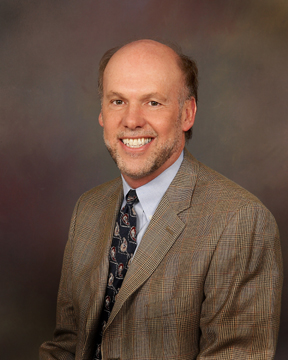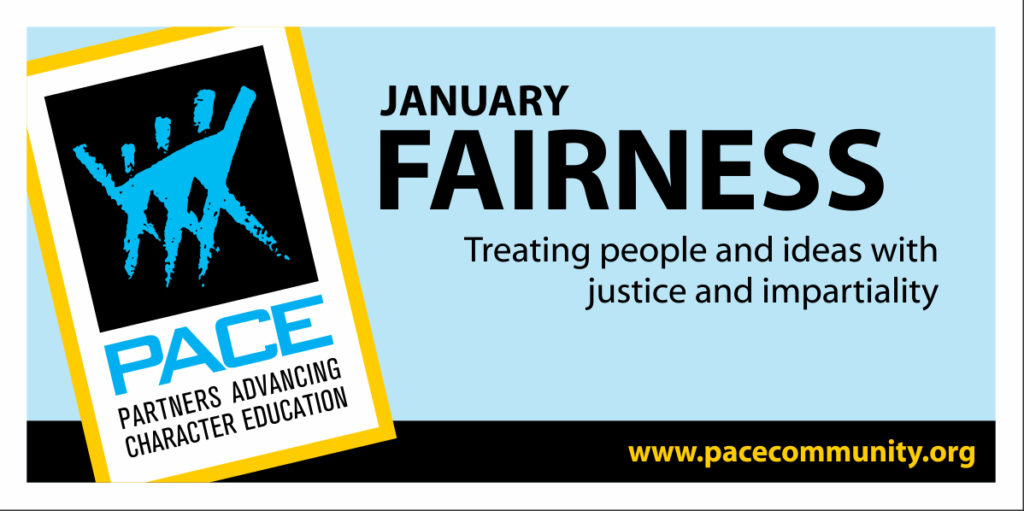
Michael Dunn, ESD 101 Superintendent
The words of Indira Gandhi ring often, and loudly, in my ears: “You can’t shake hands with a clenched fist.”
Amidst a time during which so much of what we may have once thought normal or predictable has been disrupted, and in which forces of division seem at work to pry us apart rather than bring us together, I ponder how many fists are reactively clenched.
For years, I have read and strived to follow the wisdom of Stephen Covey who directly stated, “If you want to be trusted, be trustworthy.” Can I – or anyone – trust, be trusted, and be perceived as trustworthy with hands – or heart or mind – closed?
For me, the answer is no. And I want to trust, to be trusted, and to be trustworthy. I think most with whom I share the planet want the same.
So, where to begin? With myself. With my palm open. With what I say; perhaps more importantly with what I do – my actions and behavior.
And with an understanding that what I see, what I hear, depends on where and how and what I look and listen for. Fist unclenched; eyes and ears open; neither heart nor mind closed.
I must give due heed to more of Covey’s wisdom: “Trust is the glue of life. It’s the most important ingredient in effective communication. It’s the foundational principle that holds all relationships.”
I need to embrace the reality that it begins with the reflection in my own mirror. Raised by good parents, I was taught that it is always and ever important to treat others with decency, dignity and respect. As parents, my spouse and I stressed the same importance with our (now grown) children.
Conceptually, this is easy. In practice, however, it requires constant awareness that such commitments are due all, not only those we know and care about or with whom we philosophically agree. Espousing I believe this is insufficient; it necessitates that I assure my words and actions match the belief.
I need to trust that others are positively intended, and earn their trust that I am. If I fall short, or others do, acknowledging and correcting my shortcomings is not dependent on forces or circumstances over which I have little control; it falls on me.
On the choices I make to speak, act, treat others and live in a trustworthy way. Trustworthiness cannot be – should not be – conditional on the presence, or lack thereof, of this quality in anyone else.
I may not agree with someone. I may feel mistreated, misunderstood, or not respected by another. But I still and always am held to my own trustworthiness; to a fundamental commitment that I want to be trusted to speak and act honestly and respectfully, and to an assurance that I accord decency and dignity to others…regardless of whether that is returned.
Life has been disrupted in various ways. Divisions, sometimes even meanness, are sown. Yet, trust and trustworthiness mean my fist must remain unclenched; my eyes, ears, mind and heart always kept open.
And before anyone else can or will see that, I must answer to the eyes looking back in my own mirror.
BIOGRAPHY
Michael Dunn, a 43-year education veteran, became superintendent of NorthEast Washington Educational Service District 101 in 2008. Previously he worked as a teacher and administrator in districts of diverse size and setting. Dunn started his career as a high school social studies teacher in the rural Ritzville School District and later served as a high school principal in the Spokane (Shadle Park) and Mead (Mt. Spokane) districts.

